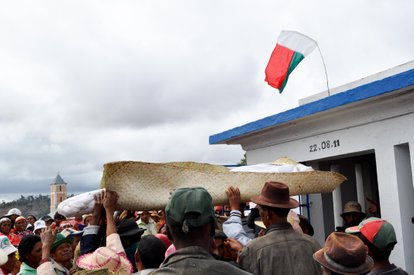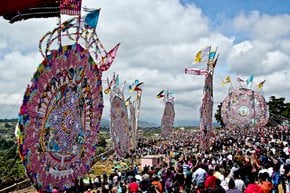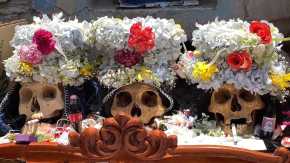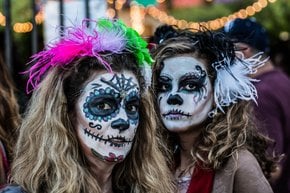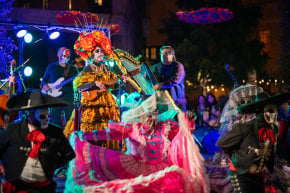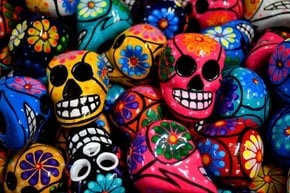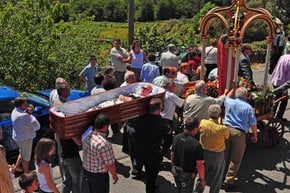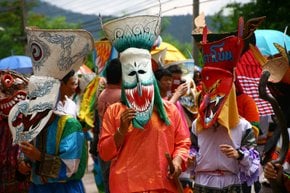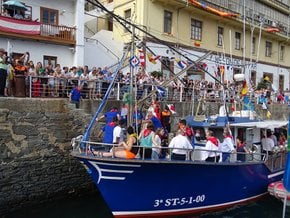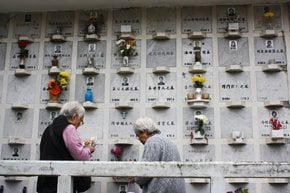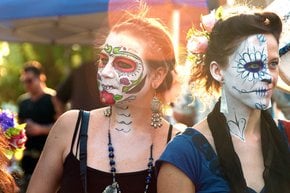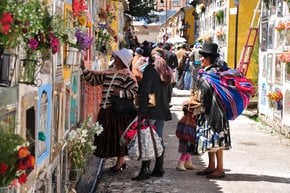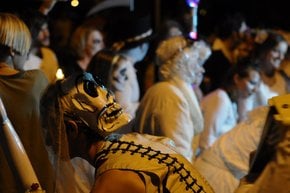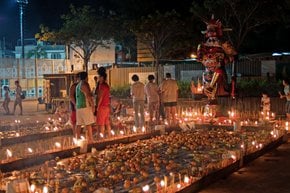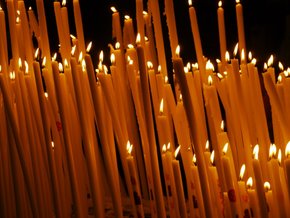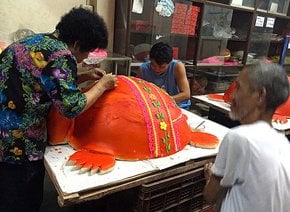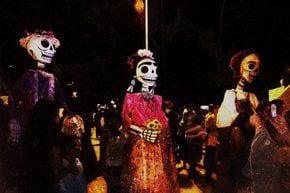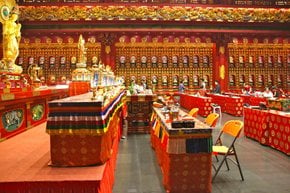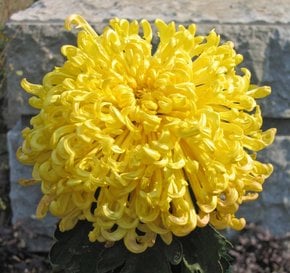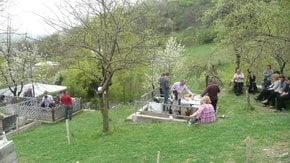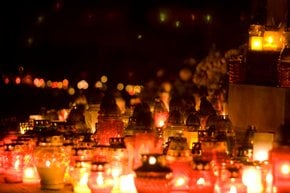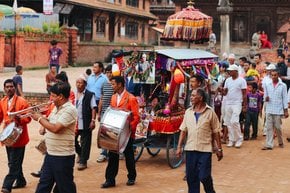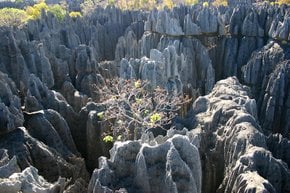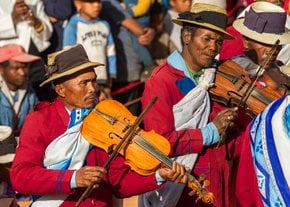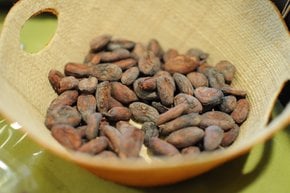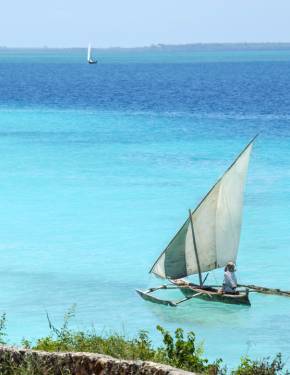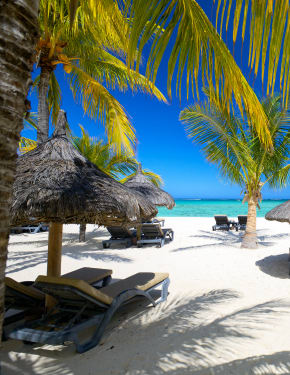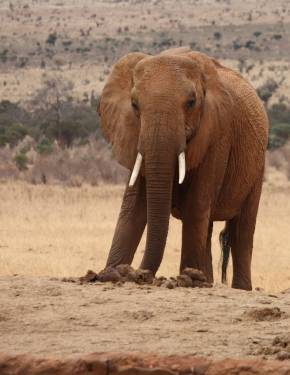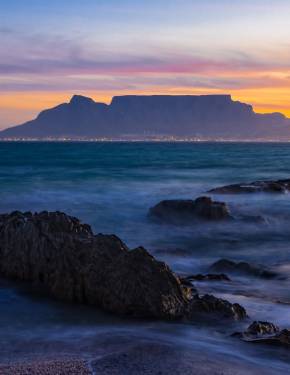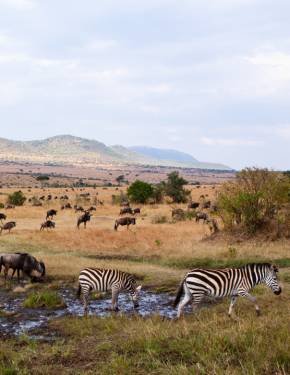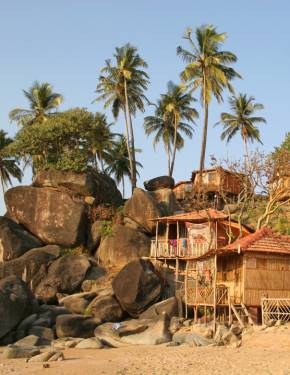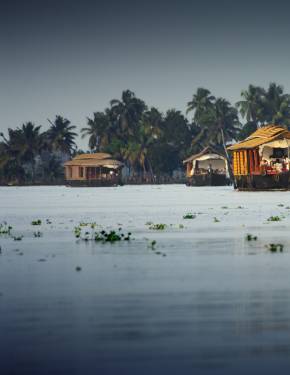Dancing with the Dead 2026 in Madagascar
At Famadihana festival Malagasy families dance with the dead
Dates: July–September/ October
Famadihana, or turning of the bones, is a unique family celebration held in honor of dead relatives. Locals believe that communication with the dead is possible until the body is completely decomposed. So once in a few years, they take the forefathers' bones out of the crypts, clean and redress them into new silk shrouds, and carry them around the area.
Famadihana Highlights
This funerary ritual is practiced by the Malagasy people, the primary ethnic group inhabiting Madagascar, Africa's vast island nation. Known as a way to keep ancestors connected to the living, it allows the deceased to "see" the changes in the world around them while resting in their tombs. During the ceremony, families exhume their ancestors, rewrap them in fresh cloth, and then carry the bodies through the streets, joyfully dancing to live music. The ceremony includes animal sacrifices, with abundant meat prepared as a sign of prosperity, generously shared among guests.
Ritual Significance
Exhuming and honoring the deceased is a deep expression of love, and for a family member to skip the ritual is seen as a serious sign of disrespect. After the vibrant ceremony, the remains are respectfully reburied. Still, this tradition is gradually declining due to the high cost of silk shrouds and a belief among some Malagasy that the practice may be outdated.
Where to Witness the Tradition
Malagasy families celebrate the Famadihana festival every five to seven years, generally from July to September or October, with the family shaman, or tromba, selecting the date. Hundreds of these ceremonies unfold across Madagascar's highlands, particularly in villages between Antananarivo and Fianarantsoa. However, pinpointing a specific location can be challenging, as details are often known only to pousse-pousse drivers, who communicate in French or, preferably, Malagasy.
These colorful wooden rickshaws, known locally as posy posy (a Malagasy adaptation of the French word meaning "push, push"), are either pulled by a person on foot or on a bicycle. For a more guided approach, consulting a travel agency—who may liaise with local pousse-pousse drivers—can be helpful. Once the ceremony is located, visitors may request permission to attend and photograph the rituals. Malagasy people are known for their warmth and hospitality, and many families are open to sharing this unique tradition.
Origins
The custom of Famadihana likely dates back to the 17th century in its current form, though it may be a continuation of ancient double-funeral traditions from Southeast Asia. Rooted in the belief that the spirits of the deceased fully join the ancestral realm only after the body has fully decomposed and proper rituals are conducted, Famadihana ceremonies may take several years before this final transition is considered complete.

